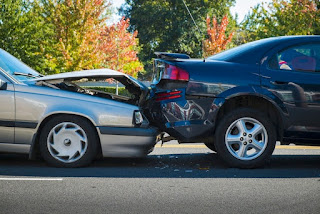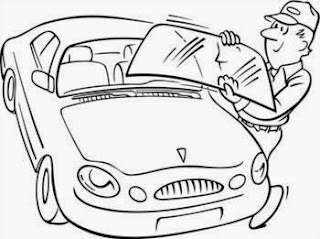Step 1. Create Documentation
Take pictures. Make a personal statement. Locate witnesses. Write down the time and place. Find as much information as possible, and keep it handy. You may need this later. If anything was removed from your vehicle, find receipts for the items taken, if you still have them. You should have as much proof as possible that these items were in your possession.Step 2. File a Police Report
Contact the police within 24 hours, or as close to that time frame as possible. This creates an official record of the incident, and may be needed to resolve your claim. You should do this no matter how minor you think the damage is, even if nothing was stolen, as it creates a paper trail. Have your license, registration and insurance information ready at the time you make the report.Step 3. File an Insurance Claim
Check your policy to know what’s covered. Note that you will probably have to report your claim as soon as you can to meet the rules set by your insurance company. Get your documentation ready, to help resolve your claim more quickly. Your insurance representative should be able to guide you through the next part of the process.Step 4. Protect Your Vehicle Once the Claims Adjuster Has Assessed Damage
Cover your windows to make sure no more damage occurs. Keep your car inside or under shelter if that’s possible. Your insurance may help pay for some of this maintenance, but it will not cover damage to your interior if you fail to protect your car after your windows were broken. Do what you can to diminish the appearance of the damage.Step 5. Have Your Vehicle Fixed as Soon as Possible
You do not need to go to the car repair shop that the insurance company recommends. Instead, do your research and visit a business that you trust. Ask questions, look for certifications, and make sure you are comfortable with the service. Have an auto glass repair company do the work, and be done with it. Having your car repaired quickly is safer and lets you return to your regular routine in a timely manner.It’s always stressful to find that your vehicle has broken windows, but if you take the steps outlined, you can increase your chances of of making the process smoother and easier as you undergo the repair of your vehicle.








